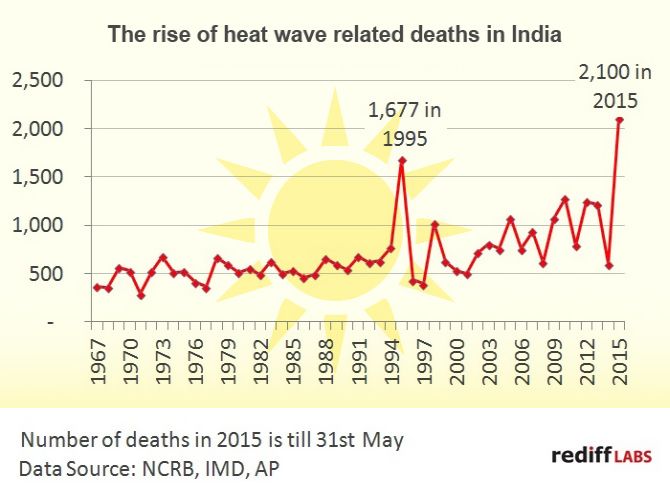India grapples with the aftermath of a relentless heatwave that swept across the country from March to May. According to government data reported by local media, the scorching temperatures claimed at least 56 lives and resulted in nearly 25, 000 suspected heatstroke cases.
May proved to be the most brutal month, with temperatures in the capital, Delhi, and the western state of Rajasthan soaring to a staggering 50 degrees Celsius (122 degrees Fahrenheit). This extreme heat significantly contributed to the surge in heatstroke cases, with nearly 19, 200 reported in May alone. Tragically, 46 heat-related deaths occurred during this period.
The scorching heat disproportionately impacted some regions. States like Uttar Pradesh, Bihar in the north, and Odisha in the east witnessed a particularly high number of casualties. In these areas, at least 33 people, including election officials performing their duties during the recent general elections, succumbed to suspected heatstroke.
The scorching temperatures highlight the growing threat posed by climate change in India. Scientists have pointed to a clear link between rising global temperatures and the increased frequency and intensity of heatwaves. This trend puts a tremendous strain on public health infrastructure and disproportionately affects vulnerable populations, such as outdoor workers and those lacking access to proper air conditioning.
In response to the heatwave, Indian authorities issued heat advisories and urged citizens to stay hydrated and limit strenuous activity during peak heat hours. However, the sheer scale of the heatwave underscores the need for long-term strategies to mitigate the risks associated with extreme temperatures.
Experts emphasize the importance of urban planning measures that incorporate heat-resistant infrastructure and promote green spaces. Additionally, raising public awareness about heatstroke prevention and early intervention measures is crucial in saving lives during such extreme weather events.
The scorching heatwave serves as a stark reminder of the challenges India faces in a warming climate. Addressing these challenges requires a concerted effort from policymakers, urban planners, and the public to build resilience and safeguard lives in the face of increasingly extreme weather patterns.

